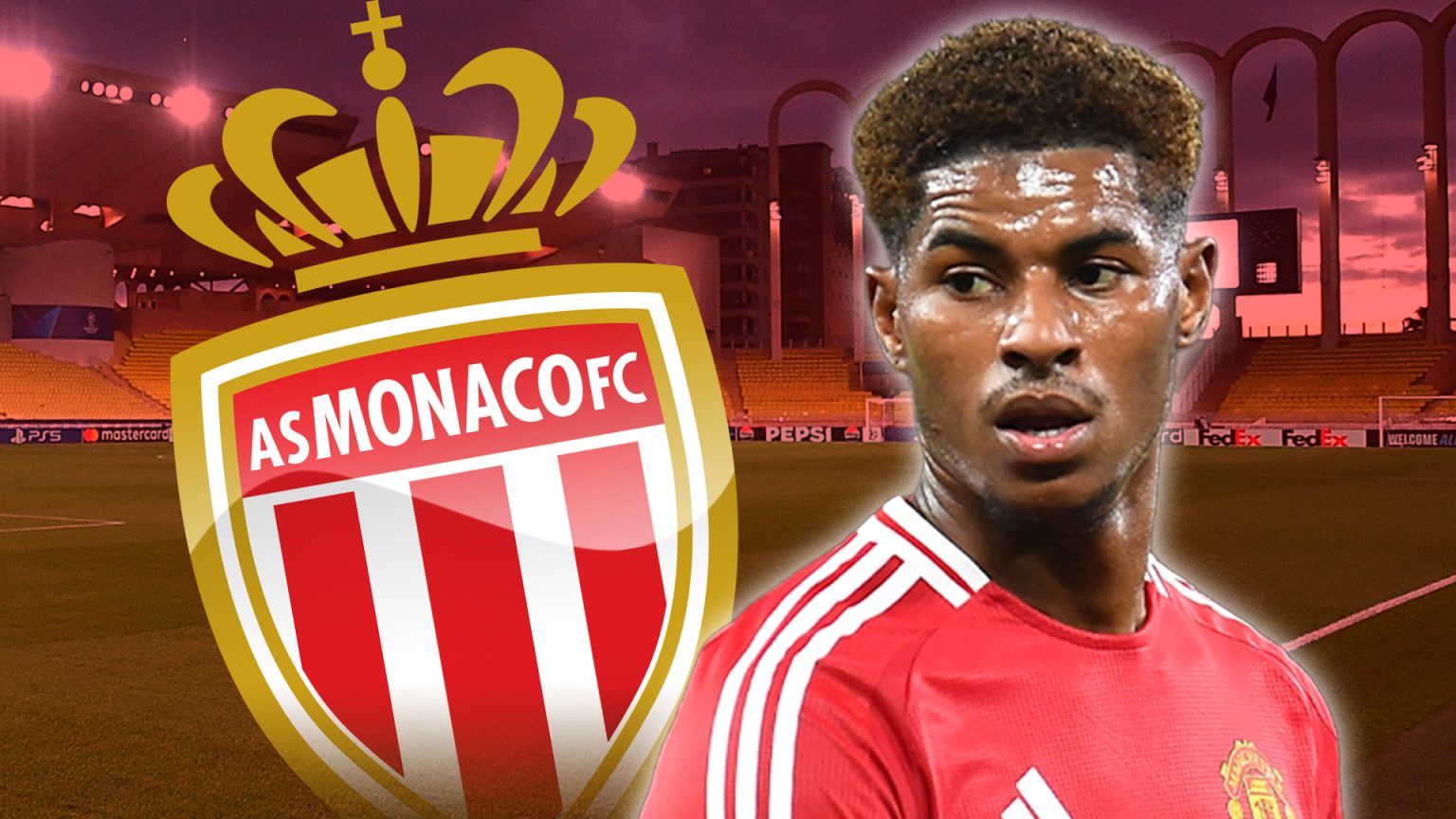Goalkeepers and Defenders:
Andre Onana, despite occasional inconsistencies, retains his world-class status and should be retained. The recent improvement in defensive solidity under Amorim’s coaching reinforces the importance of a stable presence in goal. Noussair Mazraoui has undeniably been the best summer signing, exhibiting versatility and reliability across multiple defensive positions. His retention is non-negotiable. Leny Yoro, while needing time to recover from injury and acclimate, shows immense promise and potential for long-term defensive stability. Harry Maguire’s suitability for the back three is acknowledged, but his age and contract situation warrant consideration of a sale if a suitable offer arrives, prioritizing long-term squad building. Matthijs de Ligt displays a mix of brilliance and occasional lapses, mirroring a younger Maguire. Further development and integration into the system are expected to yield positive results. Lisandro Martinez’s progressive passing and resilient mentality make him a vital component of Amorim’s build-up strategy.
Luke Shaw’s undeniable talent is hampered by recurring availability issues, making his retention unsustainable. Tyrell Malacia’s evaluation is premature due to his ongoing recovery, yet his discomfort in the wing-back role raises concerns for future squad planning.
Midfielders:
Manuel Ugarte’s initial struggles have dissipated under Amorim’s guidance, re-establishing him as the midfield lynchpin. His familiarity with the system and ball-winning prowess are indispensable. Kobbie Mainoo, despite external interest, is a crucial asset with unique qualities and must be secured with a new contract. His partnership with Ugarte forms the foundation of a potentially dominant midfield for years to come. Casemiro’s decline in physicality, exacerbated by the demands of the 3-4-3 system, necessitates his departure. His high wages further incentivize a sale for financial restructuring. Bruno Fernandes, despite criticism regarding temperament and decision-making, remains the squad’s most talented player. His leadership and winning mentality are essential for the team’s progress.
Forwards and Wingers:
Antony’s underwhelming performances raise questions about his value, despite glimpses of improvement as a wing-back. Unless a dedicated transition to this role is planned, his transfer should be considered. Marcus Rashford’s desire for a new challenge, coupled with declining form, signals the end of his Old Trafford tenure. A foreign transfer is recommended to prevent revitalization at a rival club. Amad Diallo’s adaptation to the right wing-back/No.10 role has been impressive, earning him a renewed contract and solidifying his position in the squad.
Alejandro Garnacho presents a complex dilemma. His raw talent is undeniable, but off-field issues and inconsistent form cast doubt on his future. A substantial offer, particularly given the club’s financial situation, would necessitate a difficult decision. Joshua Zirkzee’s inconsistent performances reflect a player with a unique profile that might not align with United’s long-term tactical vision. A move to a more suitable system would benefit both player and club.
Overall Squad Reconstruction Strategy:
Ruben Amorim’s initial phase of squad rebuilding focuses on consolidating the defense, reshaping the midfield, and streamlining the attack. Players who exemplify the system’s demands – high energy, positional flexibility, and a strong mentality – are prioritized. The departures of high-earning, underperforming players are seen as necessary for both financial stability and tactical coherence. Youth development and integration are emphasized, with players like Mainoo and Yoro representing the future core. The club’s financial situation plays a significant role in transfer decisions, necessitating difficult choices regarding players like Garnacho. The overall goal is to build a squad capable of sustained success under Amorim’s tactical vision.
The reconstruction process under Amorim prioritizes players who fit the system and demonstrate the requisite mentality. The defense, while still undergoing refinement, has shown signs of improvement. The midfield requires a blend of experience and youthful dynamism, exemplified by the Ugarte-Mainoo partnership. The attack needs restructuring to maximize efficiency and creativity.
Financial considerations are paramount in this rebuilding phase. Offloading high earners who no longer contribute effectively allows for reinvestment in areas of need. This strategic approach to squad management aims to balance short-term improvements with long-term sustainability.
The emphasis on youth development signals a long-term vision. Nurturing young talent within the system provides both cost-effective solutions and long-term stability. The combination of experienced players and emerging stars creates a balanced squad capable of immediate competitiveness and future growth. The managerial approach aims to cultivate a winning culture through a combination of tactical discipline, individual development, and a strong collective mentality.
Amorim’s rebuild is a multi-faceted project, encompassing tactical adjustments, personnel changes, and financial restructuring. The focus on building a cohesive unit capable of sustained success highlights the long-term vision for the club.




